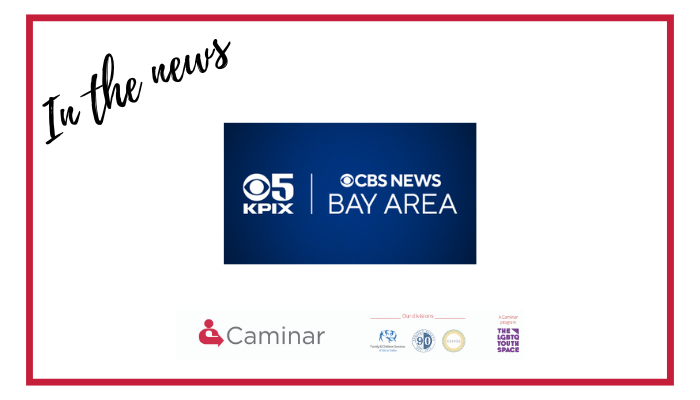Black History Month is celebrated each February to honor, recognize, and acknowledge African Americans in the United States. As a behavioral health organization, we also feel it is important to address mental health in the African American community—not just in February but all year long.
According to the Health and Human Services Office of Minority Health, African Americans are significantly more likely to experience serious mental health problems than the general population. The National Alliance on Mental Illness (NAMI) indicates that while “anyone can develop a mental health problem, African Americans sometimes experience more severe forms of mental health conditions due to unmet needs and other barriers.”
A recent opinion piece by Taraji P. Henson, actress and the founder of The Boris Lawrence Henson Foundation, states "Mental health isn't talked about in our community, people don't seek it out as a career option. So we don't have a lot of therapists out there, and those who are practicing are not easy to find. I want to change that." She goes on to mention it’s essential for the therapist to be culturally competent. Featured on NBC News, the piece is entitled Black communities aren't getting the mental health care they need. I'm helping to break the silence.
To help the conversation about African American mental health and wellness, here are a few useful resources
● NAMI features this African American Mental Health page with stories, statistics, and resources focused on how mental health affects the African American community and ways to find help.
● Each Mind Matters, California’s Mental Health Movement, provides mental health resources and information for diverse communities, including this page focused on the African American community.
● Mental Health America highlights a comprehensive guide to Black & African American Communities and Mental Health that includes statistics, details on prevalence and attitudes, treatment issues, as well as educational and help-related resources.
We hope the discussion of mental health in the African American community, and across all communities, continues. Together, we can increase awareness of mental health wellness, and support and empower vulnerable members of our communities.
Special thanks to Jonay Grant, Caminar Supported Education TAY Program Coordinator and a member of our Diversity & Equity Committee, for her valuable contributions to this post.






